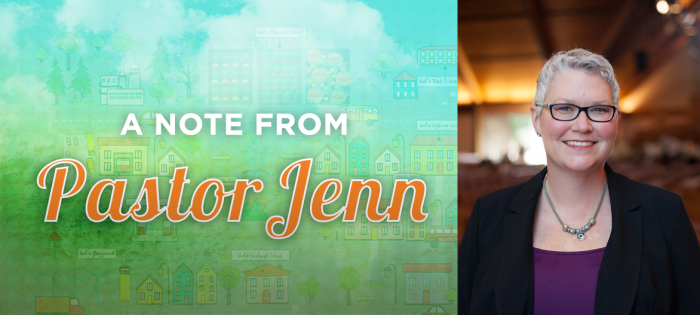Dear Lenten Gardeners,
We hope you have been digging in to your soul garden this lent, spending time with the Master Gardener tilling the soil, planting seeds of the Kingdom and growing deeper roots to anchor your faith. We have offered soul gardening tools of prayer, silence, and an ancient 6th century practice known as Lectio Divina or divine reading of scripture. Many of you have wanted to know more about these practices and I would encourage you to consider attending one of the classes below:
- Contemplative Way (facilitated by Joanie Mills) Tuesdays at 9:45 a.m. in the Building C Special Events Dining Room. Join this group for silent, centering prayer and Lectio Divina follow by discussion and Bible study.
- Understanding Spiritual Disciplines (facilitated by Caryn Royer) Wednesdays at 6:30 p.m. in the Sanctuary. Come experience the Prayer Labyrinth and explore the history of prayer, fasting, silence, and Lectio Divina with helpful hints for using the spiritual disciplines to deepen your faith.
This week we move back into Matthew’s growth parables with the counter intuitive parable of the weeds from Matthew 13:24-29. Jesus’ parable of the weeds is so different than one would think, so counter cultural, it makes my head spin. I won’t give anything away, but let’s just say this work of soul tending is the hardest yet. Pastor Melissa and I will be tackling this tough text on Sunday so we hope you will join us in some garden work.
Last week the Staff Leadership Team began reading the book by Tod Bolsinger entitled Canoeing the Mountains: Christian Leadership in Uncharted Territory. This has been on a reading list for clergy created by our Bishop and after the first chapter I understand why. The book takes leadership cues from the expedition of Merriweather Lewis who spent months and years canoeing upstream to be able to navigate the Northwest Passage to discover new land, only to find there was no Northwest Passage, no water, only the Rocky Mountains stretching out for miles. Their ability to canoe was not what they would need to go the distance.
For fifty years, we have been living in a time known as Post Christendom and the effects are catching up to the larger churches. The tools pastors and lay leaders used in the past to sustain and grow Christian community work will no longer work. Asking the age-old questions, “Why don’t you just go to worship?” or “Could we just offer a new style of music?” will not cut it to sustain ministry in this post church culture. Relationships, networks of church communities off the map, and adaptive, transformational leadership and mentoring will be the new markers of healthy churches. Our 2020+ vision is actually on the right track, but how does vision come to life in the heart of every St. Luker? Bolsinger writes:
”We are in uncharted terrain trying to lead churches into a post-Christian culture that now considers the church an optional, out of touch, and irrelevant relic of the past. What do you do? …What is needed? A spirit of adventure, where there are new, unexpected discoveries (serendipities) and ultimately ‘new perceptions.’ To be sure, this is an adapt-or-die moment…the answer is not try harder but to start a new adventure…to see not the absence of a water route but the discovery of a new, uncharted land beckoning us forward – yes, in the face of the uncertainties, fears and potential losses – to learn and to be transformed.” (pgs 31;33)
For me personally, learning to navigate this uncharted territory began last summer. Working on contemplative practices and studying Fresh Expressions started a journey for me to learn to adapt as a leader. Those practices led me to apply for a learning opportunity which starts next week. On Tuesday, I begin a Doctor of Ministry in Public Theology from Drew University. This will be a three-year cohort of online classes in the evening and three weeks over the course of a year spent on the Drew campus or our learning lab, Middle Collegiate Church. It will not conflict with my weekly work, in fact, the DMin will be based on ministry here at St. Luke’s. The focus will be helping St. Luke’s find ways for the work we do in areas of mercy, justice and the arts to have a wider influence in the public square. I will be working with a group from St. Luke’s and others in Orlando to walk through this project with me as accountability in learning and process. I am grateful to our Staff Parish Relations for allowing me this next step as a part of my ministry with you. I covet your prayers as I confess heading back into the world of academics is intimidating. But I know God is leading me to be the best leader for St. Luke’s I can be as we canoe the mountains together.
See you Sunday as we learn a new skill of dealing with weeds.
Grace and Peace,
Jenn.
Click here to read the full Weekly Update.

